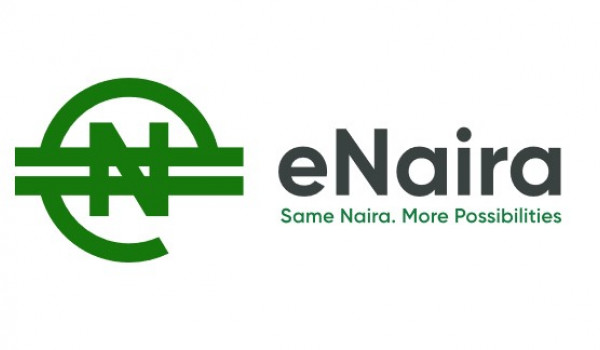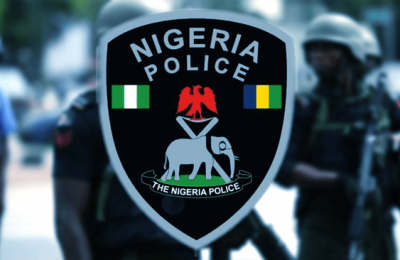
By: Abdulrahman Abdulraheem
With more than 200 million population, experts believe Nigeria’s healthcare numbers do not add up considering the number of people and land mass. The size of its medical personnel is considered low for the most populous black nation, with concerns over brain drain.

One of the major health threats in the country is malaria. According to the World Health Organisation (WHO), it is the main cause of maternal mortality and poor child development. Maternal mortality in Nigeria is the third highest in the continent, with over 900 deaths per 100,000 live births.
Child malnutrition and infant mortality are worse. Mortality rate for children under five years is 70 and 104 per 1000 live births. Life expectancy for males and females is less than 60 years, while diseases like measles, meningitis, poliomyelitis and others have not been completely eradicated.
Government expenditure on health is slim. A recent study found that only about three percent of the GDP is invested in the health sector. Nigerians therefore usually have to pay for their healthcare, though some medications, surgical procedures and treatment are difficult to afford.
Yet poverty is a big issue. In 2018, the World Poverty Clock turned and Nigeria became the Poverty Capital with over 100 million of its population living below the poverty line. Funding for health services and affordability has been a huge problem for the average family.
Highlights of the 2022 Nigeria Bureau of Statistics (NBS) Multidimensional Poverty Index (MPI) survey revealed that 63% of persons (133 million) are multidimensionally poor. The National MPI is 0.257, indicating the poor experience just over one-quarter of all possible deprivations.
The results of a governmental survey show that about 97 percent of citizens did not have any health insurance in 2018. People with health insurance mainly had employer-based coverage, whereas privately purchased insurance was uncommon.
e-Naira to the rescue
When President Muhammadu Buhari launched the e-Naira in October 2021, the Central Bank of Nigeria (CBN) Governor, Godwin Emefiele said it was a groundbreaking effort to move the country into digital currency, which has the same value as the traditional naira and a good option to transact business with.
Emefiele didn’t however inform the public that the currency is what herbal medicine hawkers call “Gbo Gbo Nise” (a drug that can cure all ailments). And that is evolution and the power of innovation, the genius of the youth, the can-do spirit in the people.
The CBN chief may be the most criticised government official today but when he leaves office, Nigerians would look at what e-Naira is doing in their lives and remember him for good. This is because the initiative idea may as well be the greatest legacy of his eventful but controversial tenure.
Ideas have never been the problem of the youth; what they need is the enabling environment and the infrastructure to display and monetise their talents. Now that Emefiele has created one, a lot of ideas are at different incubation stages.
One of those private geniuses inspired by Emefiele’s transformative vision is working on a product on an e-Naira platform to help Nigerians access quality health services without paying through their noses; a comprehensive package that is capable of easing transactions.
CBN’s Director of Information Technology, Mrs Rakiya Muhammad told Economic Confidential that since the launch of e-Naira, there have been a lot of initiatives to expand the scope of the digital currency and add products that can impact lives positively.
Muhammad said the apex bank has been encouraging firms to blossom in view of the platform’s limitless opportunities such as cheaper, more efficient and faster transactions with no bank charges, network problems or other bottlenecks associated with regular banking.
She hinted that someone is working on a product that will, in collaboration with some Health Management Organisations (HMOs), help Nigerians to be saving on their e-Naira wallets. The money can be used to access healthcare in case of any medical emergency.
“They partner with HMOs and others; you can use e-Naira to save money everyday and when you go to the hospital, you use it to pay for health insurance. It will solve the problem of people who go to the hospital without money. You already have insurance.
“So, initiators like this are going through our incubation process. We are connecting them with investors and we have seen the huge progress they are making. It will come live soon,” the director added.
These are indeed exciting times for Nigerians. The product on health insurance is just one out of many being designed. They will no doubt make browsing through the e-Naira platform a remarkably rewarding experience for everyone.
Abdulrahman Abdulraheem writes from [email protected]
READ ALSO FROM NIGERIAN TRIBUNE







